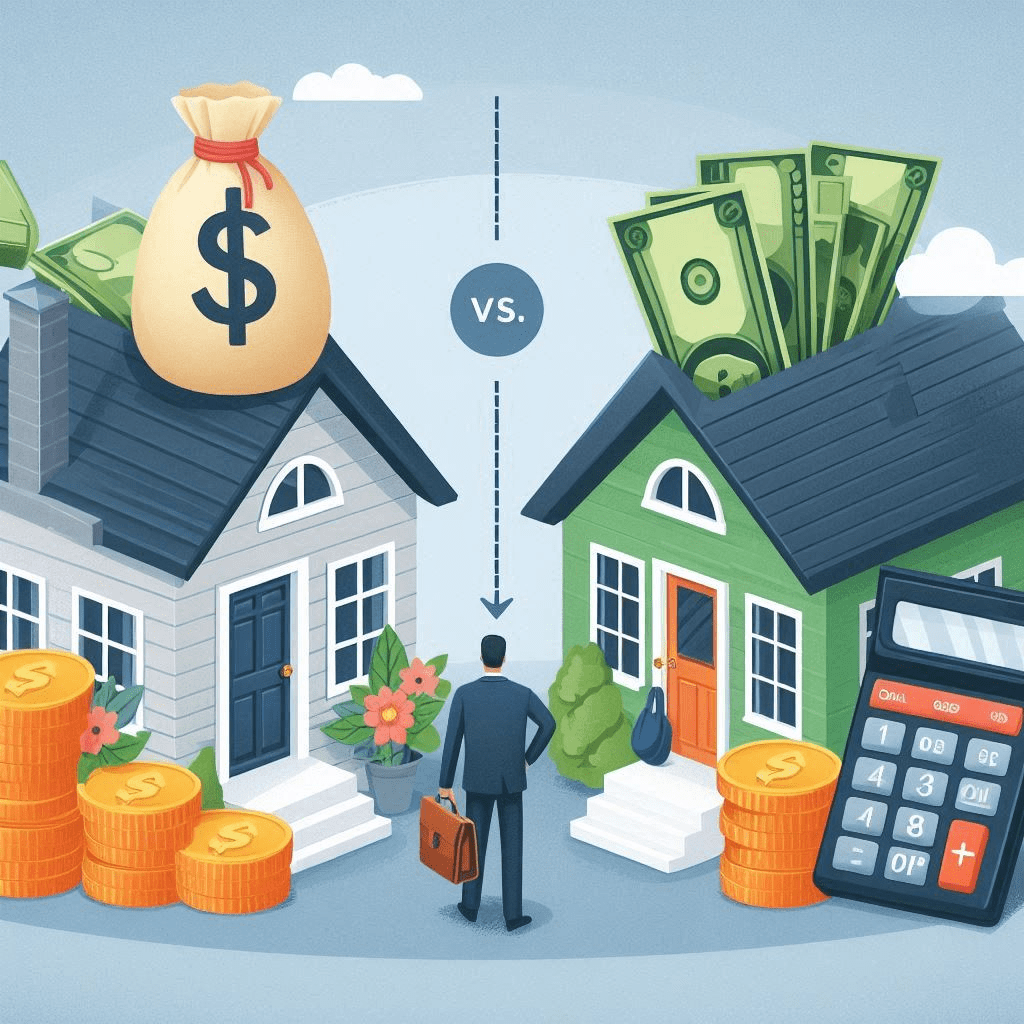
Life throws curveballs, and sometimes those curveballs come in the form of debt. If you’re juggling multiple payments and high-interest rates, consolidating your debt might be a great option. But how do you choose between a debt consolidation loan and a home equity loan? Let’s break down both options in the simplest, most relatable way possible.
What is a Debt Consolidation Loan?
A debt consolidation loan is a personal loan you take out to pay off multiple existing debts. It combines all your debts into one monthly payment, ideally at a lower interest rate. The goal is to make your debt more manageable and to save money on interest.
Pros of Debt Consolidation Loans:
- No Collateral Required: These loans are unsecured, meaning you don’t need to risk your home or other assets.
- Simplified Payments: One loan means one monthly payment, making it easier to keep track of your finances.
- Fixed Interest Rates: Most personal loans have fixed rates, so your monthly payment won’t change.
- Quick Access: Approval and funding are usually faster compared to home equity loans.
Cons of Debt Consolidation Loans:
- Higher Interest Rates: Because they’re unsecured, these loans often have higher interest rates than secured loans like home equity loans.
- Credit Score Requirements: A better credit score gets you a better rate. If your credit is poor, you might not qualify for the best terms.
- Lower Loan Amounts: Typically, the loan amounts are smaller compared to home equity loans.
What is a Home Equity Loan?
A home equity loan, or a second mortgage, lets you borrow against the equity you’ve built up in your home. Equity is the difference between your home’s market value and what you owe on your mortgage. Home equity loans are often used for large expenses or debt consolidation because they usually offer lower interest rates.
Pros of Home Equity Loans:
- Lower Interest Rates: These loans typically have lower interest rates because they’re secured by your home.
- Larger Loan Amounts: You can usually borrow more money compared to a personal loan, making it ideal for consolidating large amounts of debt.
- Potential Tax Benefits: The interest you pay on a home equity loan may be tax-deductible (check with a tax advisor to see if you qualify).
- Fixed Interest Rates: Like personal loans, home equity loans often have fixed rates, so your payments stay consistent.
Cons of Home Equity Loans:
- Risk to Your Home: If you default on the loan, you risk losing your home.
- Longer Approval Process: These loans require more paperwork and an appraisal, so they take longer to process.
- Closing Costs and Fees: You’ll likely face closing costs and other fees, which can add to the overall cost.
- Home Equity Requirements: You need to have sufficient equity in your home to qualify, which might not be the case if you’ve just bought your house or if property values have dropped.
Real-Life Example
Let’s take Jane. Jane has $30,000 in credit card debt with high interest rates. She’s considering consolidating her debt to make her life easier. Here’s what she does:
- Debt Consolidation Loan: Jane applies for a personal loan and gets approved for $30,000 at an interest rate of 10%. She doesn’t need to put up any collateral, and she can pay off her credit cards with one monthly payment. Her credit score is good, so she gets decent terms.
- Home Equity Loan: Jane also has significant equity in her home. She applies for a home equity loan and is approved for $30,000 at an interest rate of 5%. This loan comes with lower monthly payments, but she has to go through a longer approval process and pay some closing costs. Plus, she’s aware that her home is on the line if she misses payments.
Which One is Right for You?
Choose a Debt Consolidation Loan if:
- You don’t want to risk your home as collateral.
- You need the funds quickly.
- You have a decent credit score and can secure a reasonable interest rate.
- You’re looking to consolidate a smaller amount of debt.
Choose a Home Equity Loan if:
- You have significant equity in your home.
- You’re comfortable using your home as collateral.
- You need a larger loan amount.
- You prefer lower interest rates and possibly tax-deductible interest.
Conclusion
Deciding between a debt consolidation loan and a home equity loan depends on your financial situation and comfort level. Debt consolidation loans offer quick, unsecured funds without risking your home, but they come with higher interest rates. Home equity loans provide lower interest rates and larger amounts but put your home at risk and take longer to process.
Assess your needs, consider the pros and cons, and choose the option that aligns best with your financial goals and risk tolerance. Whichever path you take, remember that the key to successful debt consolidation is disciplined financial management and a commitment to paying down your debt. Good luck!
Leave a Reply